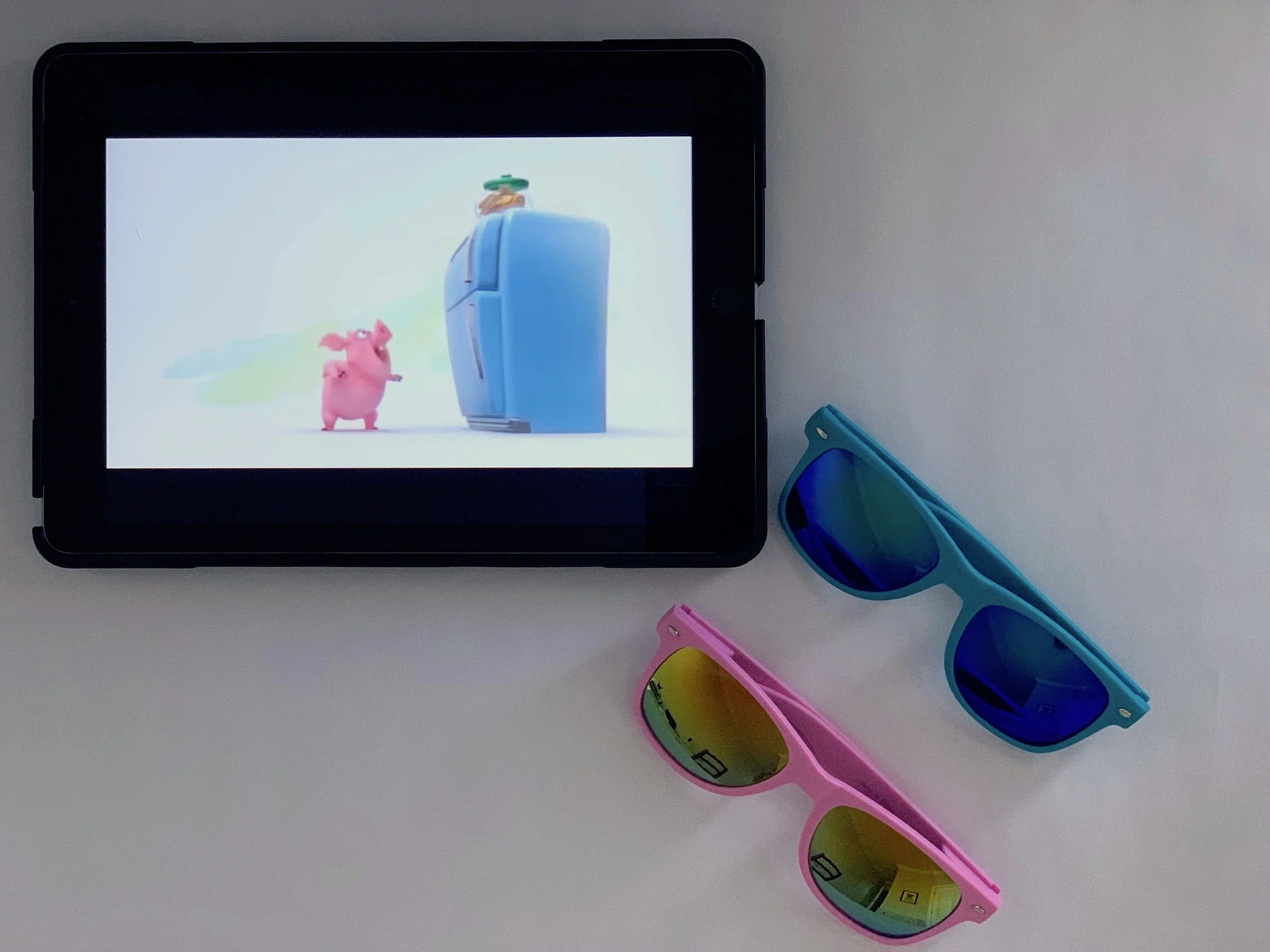Emotional regulation is the ability to influence and change how we respond to a situation. In the preschool classroom, young children spend their time playing in groups. While building creations in blocks center, children are expected to regulate their emotions so that when upsetting or frustrating things happen, they can problem solve in a safe fashion.
Read MoreFiguring out the unwritten rules for who is using an object and what items are available for play is a formidable task. Every day children are frustrated and confused when others take *their* items just because they weren’t using them. Luckily, we’ve broken this process down into one simple, visual, and concrete rule.
Read MoreWalking down the hallway, I can hear the frantic screams and cries of a child, “I’M CALM, I’M CALM, I’M CALM!!!!!”. I walked in to find Sarah standing in the middle of the classroom, tears streaming down her face and screaming at the top of her lungs. She was anything but calm and yet here she was, declaring to the world that she was the epitome of ‘calm’. Sarah believed she was calm because she had a surface level understanding of emotions. Are you making the same mistakes when you teach emotions? Check out the vital component that might be missing.
Read MoreResearch suggests that approximately 10% of preschoolers experience anxiety (Egger & Angold, 2006 as cited in Milan, Godoy, Briggs-Gowan, & Carter, 2012). Children with anxiety can experience increased difficulty making mistakes – especially if they fall more into the ‘perfectionist’ category. But let’s remember, these are preschoolers - it is expected for them to make many, many, many mistakes.
Read MoreFor some children, making mistakes is unbearable. Many children are unable to admit that they made a mistake at all (it was usually someone else’s fault). As a parent, teacher, therapist, caregiver, it is heartbreaking to witness young children being so hard on themselves. Everyone makes mistakes and yet at times those mistakes can feel so big and life-altering. Children can learn that mistakes are expected and a natural part of life and we have a list of book recommendations to start those conversations!
Read MoreFor some children, allowing others to add their thoughts and ideas to the play can be an intimidating and anxiety producing process. Allowing others to contribute thoughts increases the chances that the play will deviate from the initial plan and also makes things less predictable. Practicing adding thoughts and ideas together collaboratively gives children an opportunity to experience success.
Read MoreWaiting, as frustrating as it can be, is a fact of life. For a young child, waiting is just pure agony! Of course when a preschooler isn’t happy, most people around aren’t too thrilled.
Read MoreOrmie the Pig usually starts as a fantastic lesson on flexible problem solving. Until one day, when this video became a prime opportunity to discuss perspective taking…
Read More







